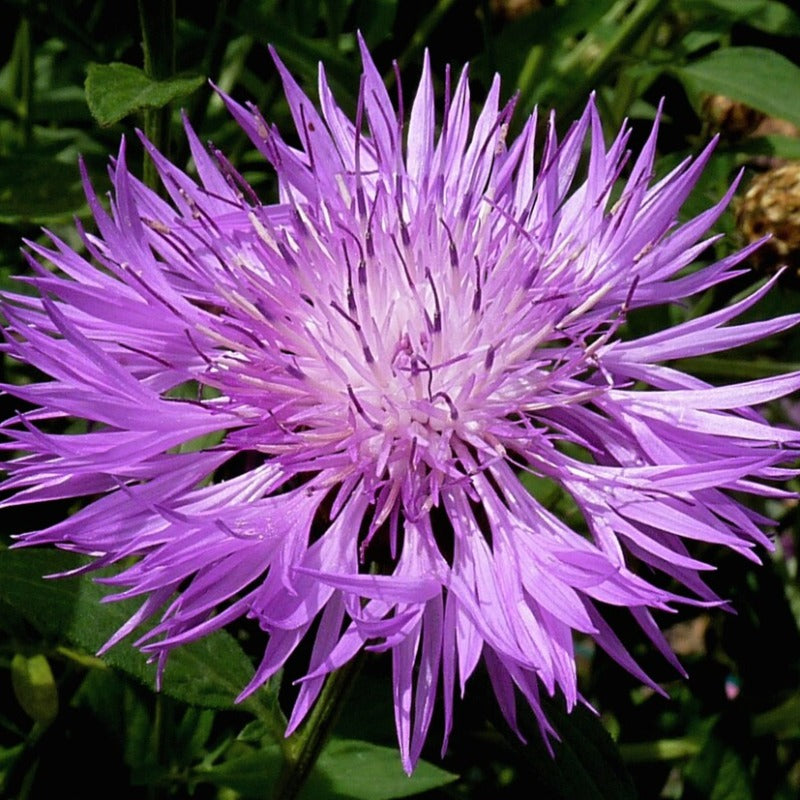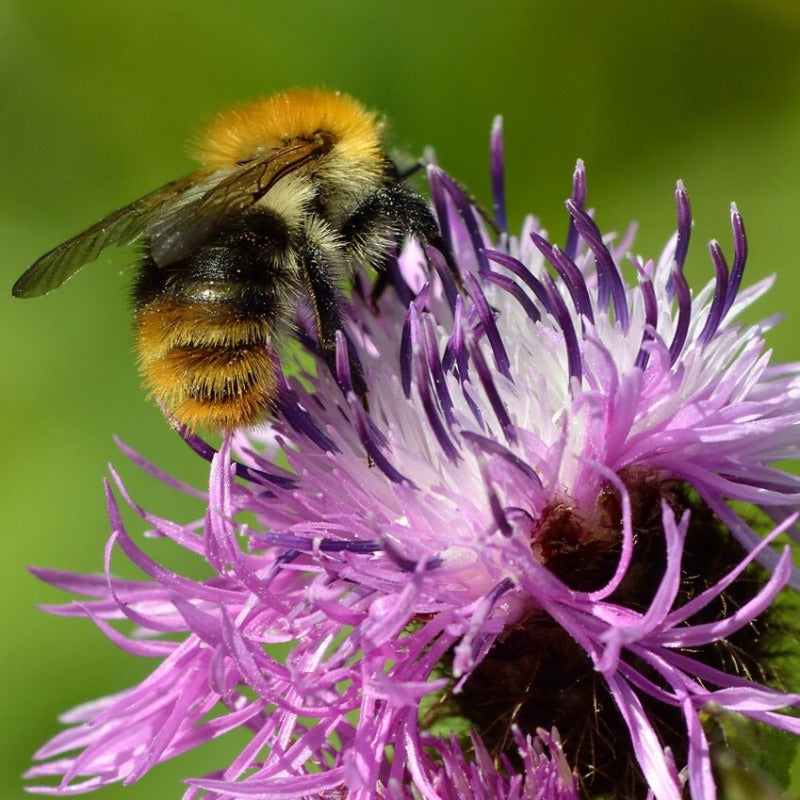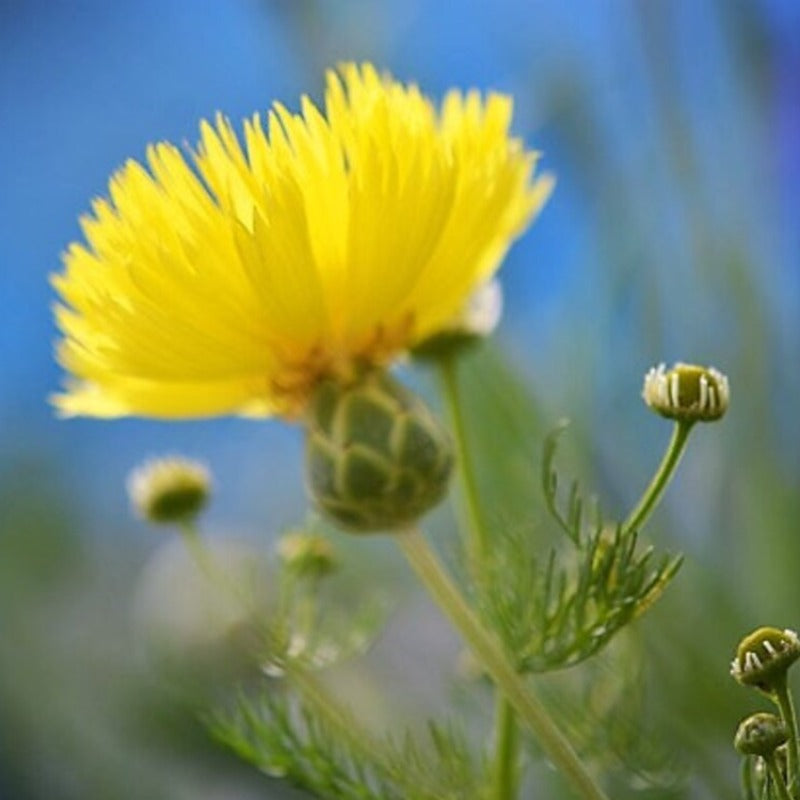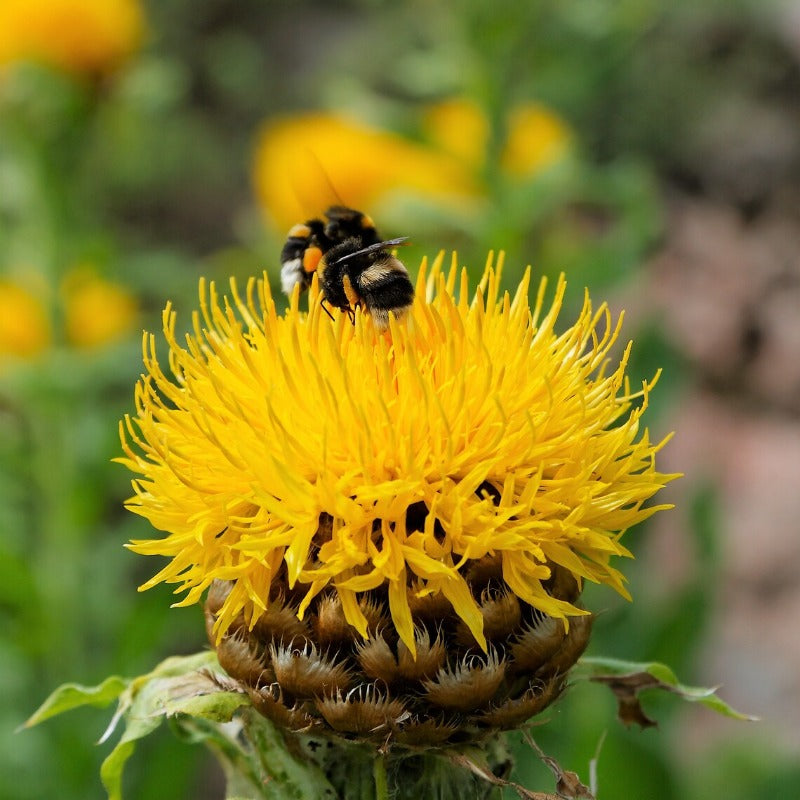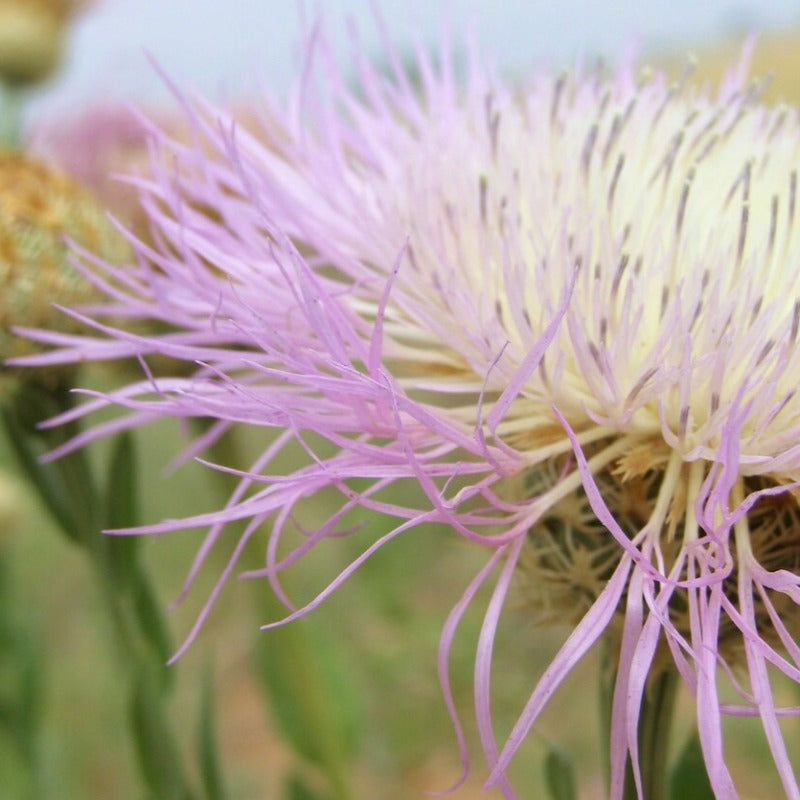- Historical context: The Sultan Imperialis, also known as Imperial Sultan or Emir Sultan, is a variety of the Centaurea genus. The Centaurea genus is native to the Old World, with many species found in the Mediterranean region.
- Geographical origination: The Sultan Imperialis originates from the Mediterranean region.
- Relevant cultural significance: The Sultan Imperialis is often associated with royalty due to its regal appearance and name.
- Time period of discovery: The exact time period of discovery is not well-documented, but the Centaurea genus has been known and cultivated since ancient times.
- Original habitat: The original habitat of the Sultan Imperialis is dry, sunny regions with well-drained soil.
- Notable historical uses: Historically, the Sultan Imperialis was used for its ornamental value in gardens and landscapes.
- Ideal temperature range: The Sultan Imperialis prefers a temperate climate and can tolerate mild frost.
- Soil type: It thrives in well-drained, sandy or loamy soil with a neutral to slightly alkaline pH.
- Sunlight requirements: This plant requires full sun to partial shade.
- Watering needs: Water regularly, but do not overwater. The soil should be kept moderately moist.
- Planting season: The best time to plant Sultan Imperialis seeds is in the spring.
- Germination time: Seeds typically germinate in 14-21 days.
- Growth cycle duration: The Sultan Imperialis reaches maturity in 60-90 days.
- Common pests and diseases: Common pests include aphids and powdery mildew is a potential disease.
- Companion planting advice: Sultan Imperialis pairs well with other Mediterranean plants such as lavender and rosemary.
- Common challenges and solutions: Overwatering can lead to root rot. Ensure the soil is well-drained and do not water excessively.
- Nutritional values: As an ornamental plant, the Sultan Imperialis is not typically consumed and therefore does not have notable nutritional values.
- Health benefits: There are no known health benefits associated with the Sultan Imperialis.
- Culinary uses: The Sultan Imperialis is not used in cooking.
- Medicinal uses: While some species of Centaurea have medicinal uses, there are no known medicinal uses for the Sultan Imperialis.
- Other unique advantages: The Sultan Imperialis is prized for its ornamental value. Its vibrant flowers add color and beauty to gardens and landscapes.
